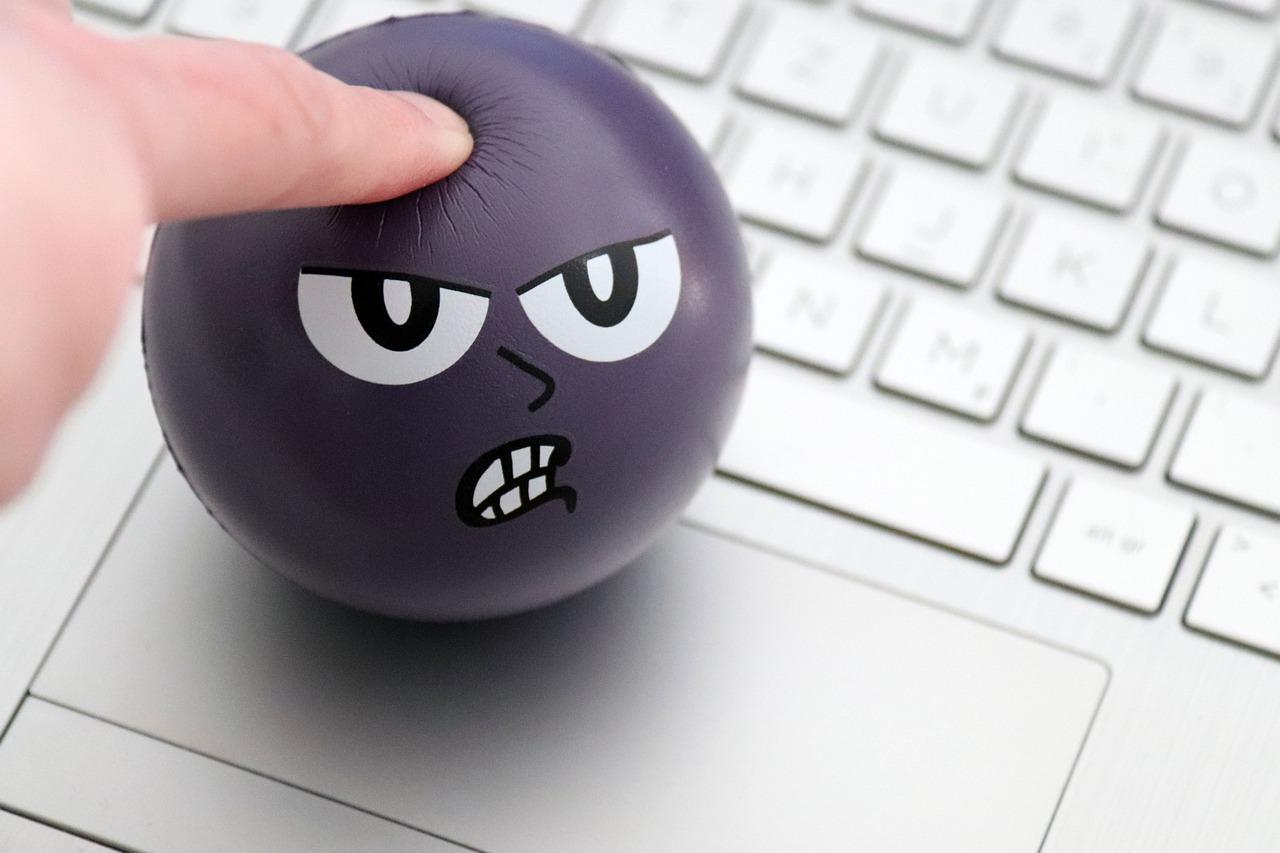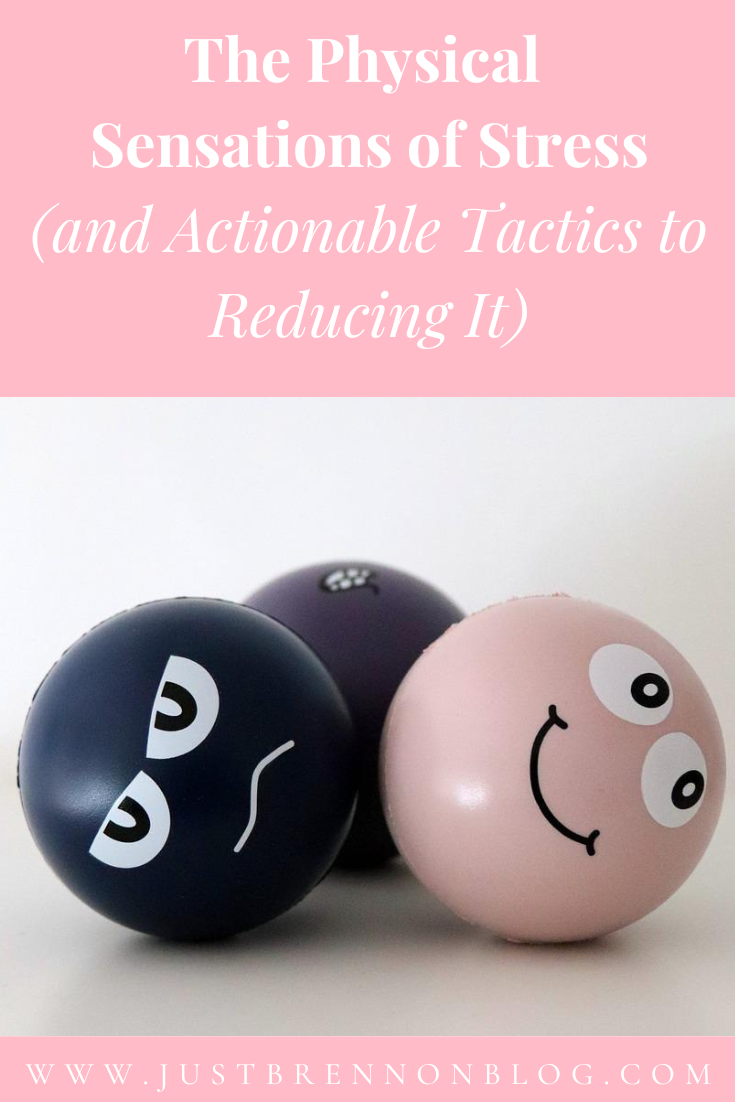
Stress is of course one of the things that we’re all prone to. Stress in a physical sense takes many forms but it is a normal reaction that the body has when changes occur.
The human body is designed to experience stress and react to stress, so when you experience challenges your body will produce physical and mental responses. With this in mind, let’s have a look at some of the common symptoms of stress and what you can do.
What Happens to the Body?
The autonomic nervous system controls many parts of your body, including your vision, breathing, heart rate, and many more. When somebody experiences long-term stress, this will cause a lot of wear and tear on the body. Some of the following physical symptoms include the following:
- Chest pain, which can feel like your heart is racing.
- Skin conditions. While many people will experience skin conditions like hives, rashes, eczema, and psoriasis, for example. It’s important to remember that while there are things like natural remedies for psoriasis and antihistamines for hives, skin conditions can be a physical sign of stress.
- Muscle tension. These would include clenching your jaw or grinding your teeth while you are asleep, also known as bruxism.
- Digestive problems. Experiencing pains in the stomach or digestive issues can immediately arise from stress. Therefore it’s important to be proactive and mindful of your gut health.
- A weakened immune system. Prolonged stress can have a negative impact on our immune system because of the constant drip of norepinephrine, also known as adrenaline. Weakening your immune system over time means that this, in combination with trouble sleeping or other physical symptoms of stress like high blood pressure can work together to cause problems with your immune system.

What Are the Best Strategies To Relieve Stress?
Stress is a thing that we cannot avoid. If you try to avoid stress, this means you would not be exposing yourself to the ups and downs of life. Stress is a natural response, but the solution is in how you can stop it from being overwhelming.
Many people feel stressed and anxious because of prolonged exposure to it over time. This is why it’s essential to practice strategies on a daily basis, which would include some of the following:
Exercising
Exercising is a great way to boost your mood. Many people talk about endorphins being a fantastic tool to help combat stress, and there is a lot that can be done by using exercise. However, it’s important to choose the right type of exercise for you.
Some people have a very unhealthy attitude towards exercise in the fact that they will keep going until they cannot function anymore. This type of strength training, also known as training to failure, is beneficial, provided there is sufficient rest.
In addition to this, many people can suffer from what is known as overtraining which can have a detrimental impact on people’s sleep.
Think About Your Accomplishments and Gratitude
Another way to help reduce the stress in your daily life is to think about your accomplishments. Sit for a moment and either think about them or write them down. After doing so, feel gratitude for how far you have come and how you were able to persevere through those obstacles to reach your accomplishments. This also shows you that you can, again, move through these life challenges that you are going through.
Feeling More in Control
In addition to the above-mentioned tips, another way to deal with stress is to help yourself feel more in control of the situation at hand. For example, mentally walking yourself through situations beforehand, and using positive self-talk can help you feel more in control of daily challenges – helping you to reduce stress.

Final Thoughts
Whether it’s the stress from moving house or you are making changes in your life, stress is something that is always present. It’s not the stress itself that we need to remove but how we perceive it.
Some of the simple things like relaxation exercises, looking after your body, and accepting you can’t control everything are types of practices. When you practice your relationship with stress, it’s going to make a big difference in the long run.
What other tips would you recommend?
Disclaimer: This blog provides general information and discussions about health and related subjects. The information and other content provided in this blog, or in any linked materials, are not intended and should not be construed as medical advice, nor is the information a substitute for professional medical expertise or treatment. The opinions and views expressed on this blog and website have no relation to those of any academic, hospital, health practice, or other institution.








